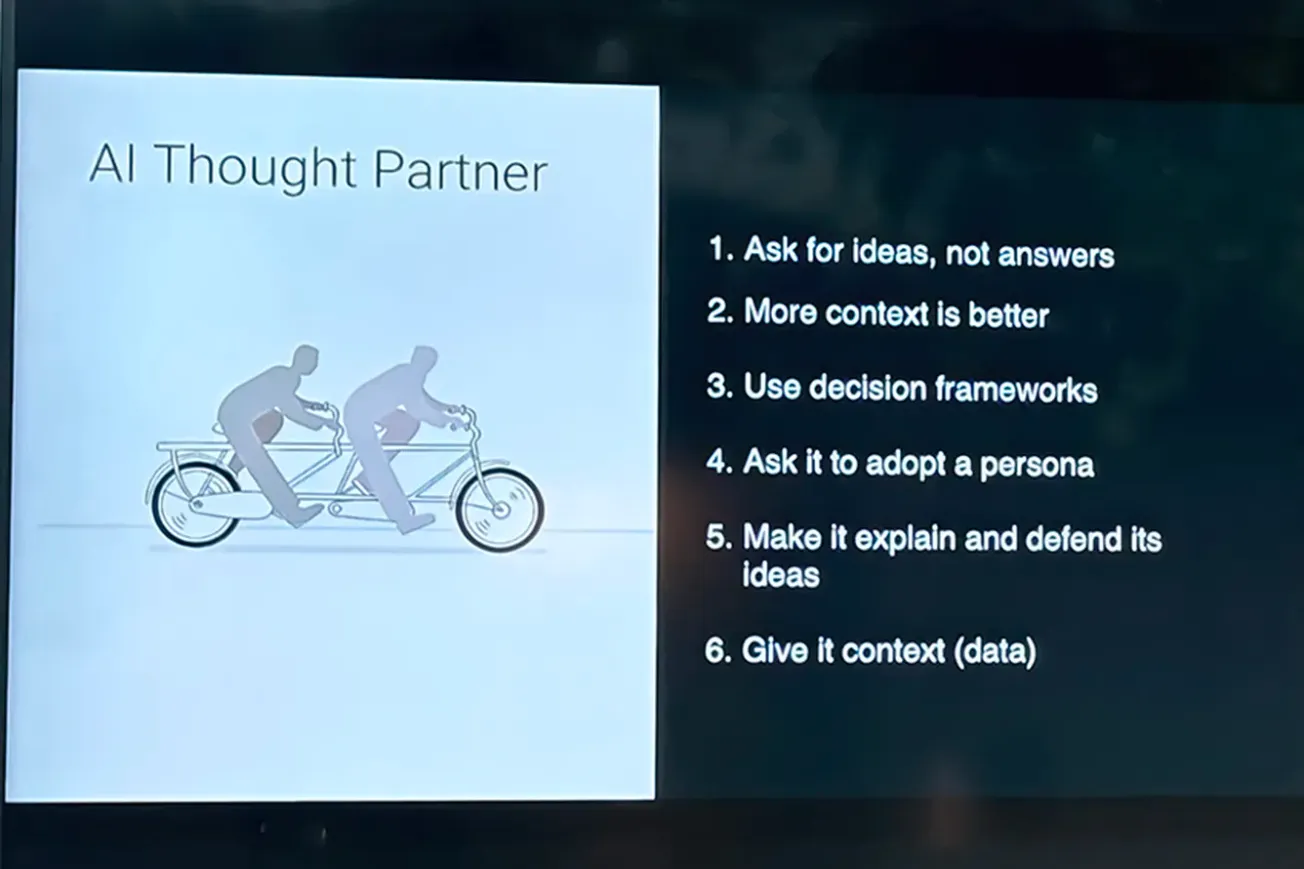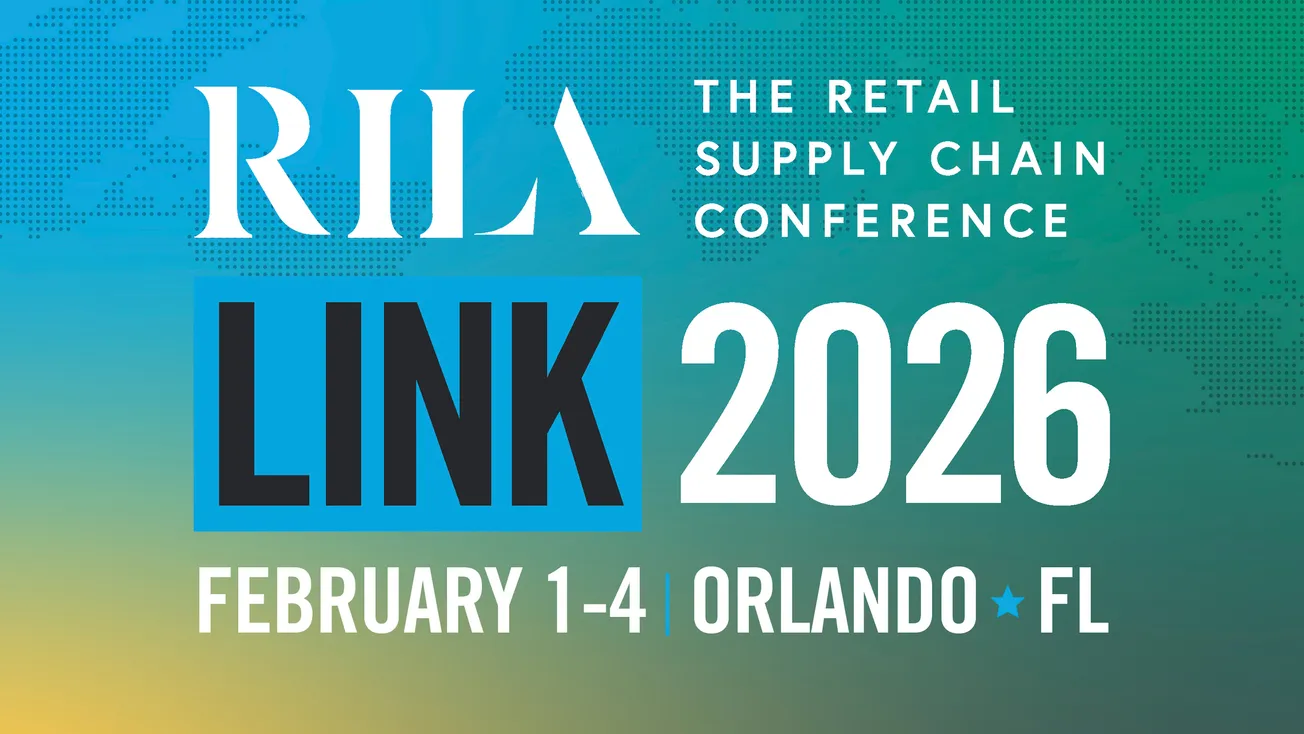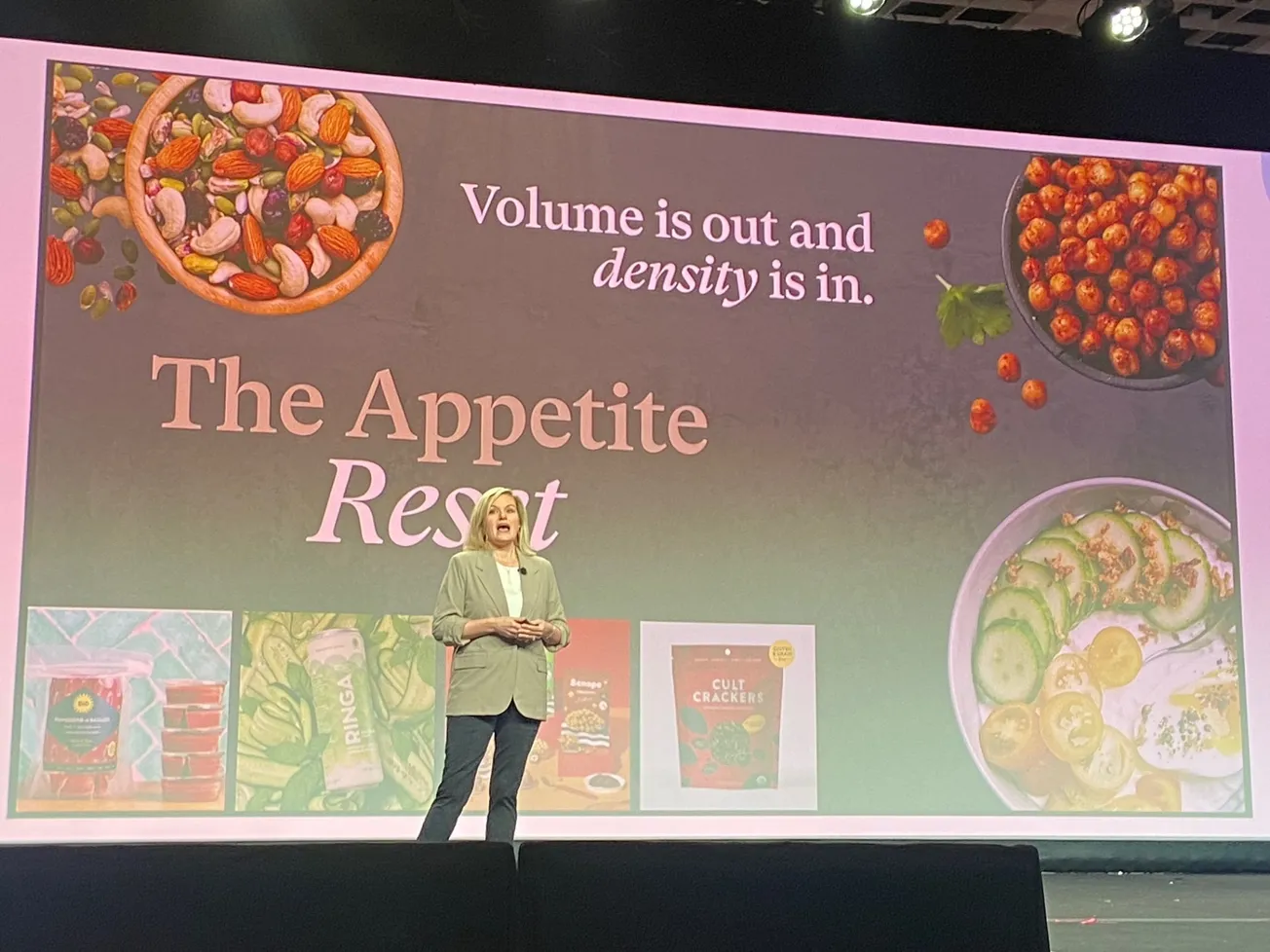NEW YORK — Scott Galloway has been a fixture at the Emerson Group’s Industry Day sessions in recent years, and his wide-ranging, provocative presentations invariably provide some of the most stimulating insights and information of the day. The Group’s inaugural Future of Commerce 2030 Series session held last week in London was no exception, as the New York University marketing professor offered his observations on topics including the automotive industry and Hollywood, the U.S. health care industry, the emergence of tech innovators as the new rock stars, artificial intelligence (AI), the impact of GLP-1 medications and an ominous prediction for the coming presidential election — to name just a few.
Galloway is clearly excited about AI and its potential for driving economic growth. AI, he asserted, has created more wealth in the last 24 months than the global auto industry has created since its beginning.
“In 2022 100% of economists agreed we were going into recession in 2023 and it didn’t happen,” he said. “I would argue a big part of that is productivity that’s being absorbed across the 96% of companies trying to incorporate AI into their businesses. They're making everything just a little bit more productive while improving the output: I have to spend less money on producing content, less money on marketing, less money on media planning, less money on customer service — and yet the offering is better.”
In 2022, Galloway recalled, he predicted that AI would be the technology of the year in 2023. This year, though, he is singling out GLP-1 medications, which help lower blood sugar levels and promote weight loss. They are prescribed to treat two conditions: obesity and type 2 diabetes.
However, Galloway sees a broader benefit from GLP-1 meds in treating depression, as obesity or overweight are the leading predictors of childhood and adult depression.
“Seventy percent of America is either obese or overweight, and there’s a lot of money in it: a diabetes patient offers somewhere between $10,000 and $20,000 a year in revenue,” Galloway noted. “It is probably the biggest drag on our economy, and GLP-1 has the opportunity to address it. If you had a pill that could make you less depressed, make more money, less inclined to end up incarcerated, would you want to take that pill? I would argue right now that’s probably GLP-1.”










